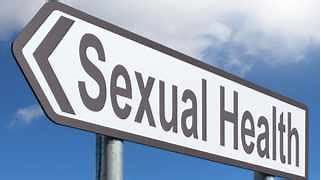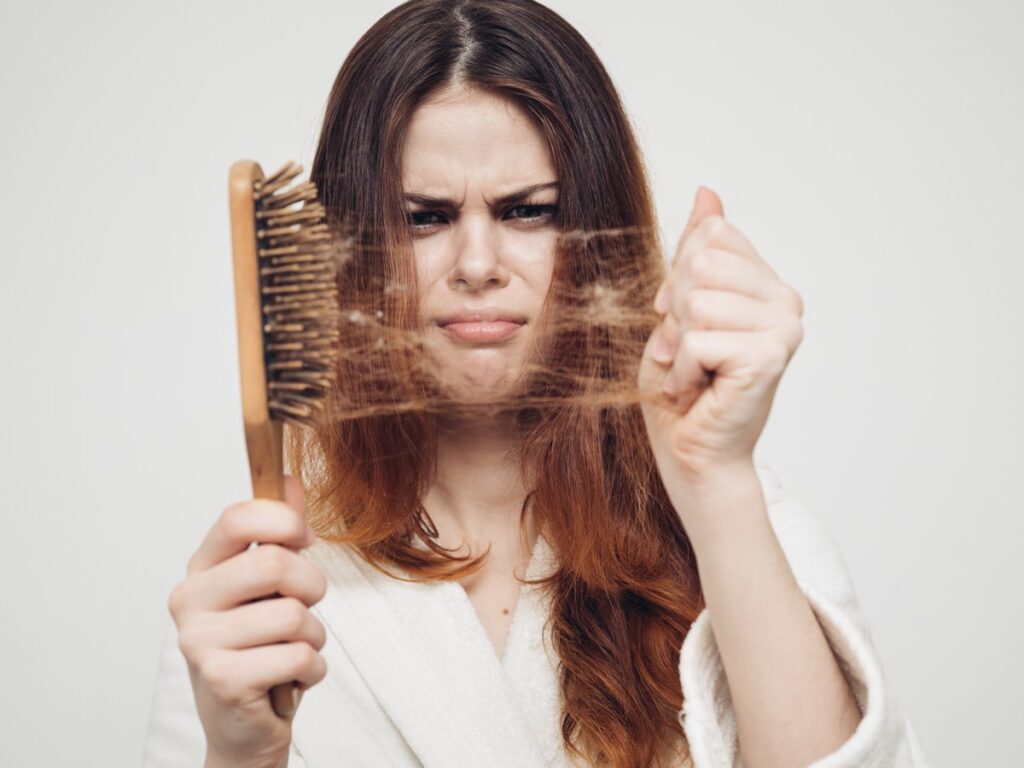
I recently had a patient visit me for hormonal consultation. For her chief complaint, she listed “my hormones are going crazy.” After some discussion, she revealed that that her hormones were “out of control all the time,” and that they were affecting her quality of life. She stated she had recently been to another provider who told her that “there is no way your hormones could be causing these things – you probably should see a psychiatrist.” Obviously, she did not feel that that advice was very helpful, and after doing some research she had come to the conclusion on her own that, yes, her hormones were causing symptoms.
Our visit was relatively uneventful – she complained of very common symptoms, such as fatigue, weight gain, low sex drive, and an overall sense of “meh.” We talked about potential causes for her symptoms, and I did a physical exam to rule out any obvious anatomic issues (enlarged thyroid, nipple discharge, etc.). We also talked about labs – when, and if, we should order them, and what they might show. In the end, we ended up drawing a fairly standard assortment of laboratory tests, including a blood count, chemistry panel, thyroid profile, and sex hormones. I had her make a return appointment to discuss results, as well as a plan of care.
A few days later we sat in my office, and went over the results. Her complete blood count -totally fine. Comprehensive metabolic panel – no issue. Thyroid panel – negative. Sex hormones – age and cycle appropriate. “How can this be?” She asked. She had the symptoms of a hormonal issue, but the labs provided no answer to her questions. Unfortunately, this is an all too common finding. Even if we look at the labs with a narrower range of “normal,” there are still many times that they do not provide any answer to why someone feels the way they do. In my opinion, this is one reason why we should treat people, and not lab findings, but that’s another blog. That said, it does no good to put someone on, for instance, testosterone replacement if they do not have a testosterone deficiency, so you can’t just treat symptoms without cause.

So now the question becomes “what do we do?” More often than not, the hormonal symptoms that people complain of are not due to some innate, organic dysfunction, but rather a mix of different factors: sleep, stress, diet, etc. Obviously, symptoms require investigation, and it’s the hope of patients and practitioners everywhere that those investigations yield a diagnosis (one that’s treatable, preferably). But more often than not, unfortunately, those queries seem to only yield more questions, such as what to do with labs that are all within normal range, imaging studies that are unremarkable, and so on.
We are left many times without definitive answers in medicine – although we often wish this wasn’t the case. Just as human beings are full color, three-dimensional, complex beings, so too are the things that ail us; disease processes are not simply black and white. When modern medicine fails to give us answers, many of us are left feeling lost. Now, some may turn into alternative, complementary health care practices – clinical nutrition, herbalism, reiki, etc., while others may research even more occult diagnoses, convinced that they are afflicted with conditions that have only affected a small number people. Neither decision would be an incorrect approach – when we’re feeling bad, we often search for answers in a variety of places. I would caution, however, against therapies or treatments that may seem too good to be true. I have seen many ads on the Internet for supplements that “cure all sexual issues,” or for “specialty clinics” that have a 100% success rate in treating symptoms using a proprietary blend of various therapies. Along the same vein, extremely rare medical conditions do exist, but it can be an expensive and frustrating endeavor to rule out every condition that has a symptom of, let’s say, fatigue.
As for our patient from above, in the end we did find a diagnosis, although not one that was necessarily “hormonal.” Further discussion of her sleep habits revealed that she was getting only a few hours of uninterrupted sleep at night. Her husband also divulged that she snored quite a bit, and would also “startle” while she was asleep. A sleep study confirmed the diagnosis of sleep apnea, and I can say that at her last follow-up, she is feeling 100% better thanks to her CPAP.

The take-home message is this. Hormonal symptoms may be from hormonal causes. They may also, however, be from a variety of nonhormonal factors such as sleep deprivation or stress. In the end it behooves the practitioner to look at the patient as a whole, and not just as an organ system or specific symptom. As I’ve said before, people are more than just a collection of vital signs, lab studies, and complaints. A very good friend of mine (who is a family physician) once told me that western medicine is “really good at treating disease, but terrible at treating symptoms.” This is why I feel it is so important to have a good network of non-physician providers (nutritionists, physical therapists, counselors, etc.) who can help when conventional therapy can’t. We’re all in this together, after all.






